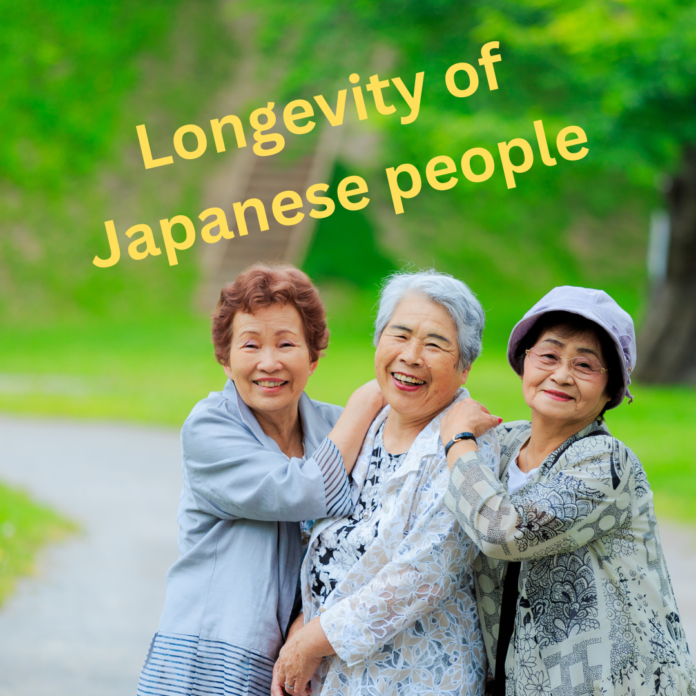The longevity of Japanese people is often cited as one of the highest in the world, and this phenomenon can be attributed to a combination of factors ranging from diet and lifestyle to healthcare and cultural practices. Let’s delve into these contributing elements.
Diet and Nutrition:
Japanese cuisine is renowned for its health benefits. The traditional Japanese diet is rich in vegetables, fish, and grains while being low in saturated fats and processed sugars. Key components of this diet include:
Fish and Seafood: Japan has one of the highest per capita fish consumption rates in the world. Fish like salmon, mackerel, and sardines are packed with omega-3 fatty acids, which are known to reduce the risk of heart disease and stroke.
Vegetables and Fruits: The diet includes a wide variety of vegetables, including leafy greens, seaweed, and root vegetables. These are high in essential nutrients and antioxidants that help combat oxidative stress and inflammation.
Rice and Soy Products: Rice, a staple in the Japanese diet, is a good source of carbohydrates and provides sustained energy. Soy products like tofu and miso are rich in protein and can help lower cholesterol levels.
Lifestyle and Physical Activity:
Regular physical activity is another significant factor contributing to longevity in Japan. Japanese culture places a strong emphasis on exercise and movement:
Daily Exercise: Many Japanese people incorporate physical activity into their daily routines, whether it’s through walking, cycling, or traditional exercises like Tai Chi. This regular movement helps maintain cardiovascular health and overall fitness.
Active Living: The concept of “Ikigai,” which roughly translates to “a reason for being,” often includes staying active and engaged in life. This can involve hobbies, social activities, or even part-time work after retirement, contributing to physical and mental well-being.
Healthcare System:
Japan’s healthcare system is another critical factor in its citizens’ longevity. It is characterized by:
Universal Healthcare: Japan provides universal health coverage through a combination of public and private insurance systems. This ensures that all citizens have access to medical care and preventive services without significant financial burden.
Preventive Medicine: The Japanese healthcare system places a strong emphasis on preventive care. Regular health screenings, vaccinations, and early intervention help detect and address health issues before they become severe.
Social and Cultural Factors:
Cultural practices and social structures also play a role in longevity:
Strong Social Networks: Social support and strong family ties are integral to Japanese culture. Older adults often live with or near their families, providing emotional and practical support that contributes to better mental and physical health.
Respect for Elders: Japanese society deeply respects and values its elderly population. This respect fosters a positive self-image among older adults, which can influence their overall health and well-being.
Environmental Factors:
Japan’s environment contributes to health and longevity in various ways:
Clean Environment: Japan is known for its clean and safe environment. High standards of sanitation, clean water, and air quality contribute to reducing the incidence of pollution-related health problems.
Urban Design: Japanese cities are designed with walking in mind, featuring pedestrian-friendly infrastructure and green spaces that encourage physical activity.
Psychological Factors:
The Japanese concept of “Hara Hachi Bu,” which means eating until you are 80% full, helps prevent overeating and promotes moderation. This mindful approach to eating can contribute to better weight management and overall health.
In summary, the longevity observed in Japan is a result of a harmonious blend of diet, lifestyle, healthcare, cultural values, and environmental factors. The emphasis on a balanced diet rich in fish and vegetables, regular physical activity, accessible healthcare, strong social networks, and a clean environment all contribute to the overall health and extended lifespan of the Japanese people. These factors, combined with cultural practices that promote mental well-being and physical health, create a holistic approach to longevity that many other countries strive to emulate.









[…] Also read – The longevity of Japanese people […]
[…] You may like – The longevity of Japanese people […]